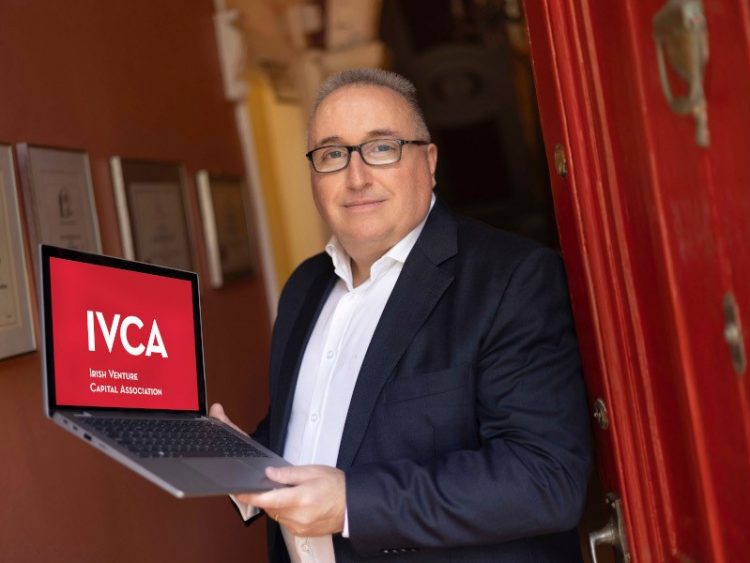Leo Hamill, chair of the IVCA, said Irish pension funds ‘seriously lag the rest of world’ when it comes to VC investment.
The Irish Venture Capital Association (IVCA) has called on the Government to consider allowing new pension funds to invest in Irish tech companies to reduce reliance on multinationals.
In a submission ahead of Budget 2023 to be announced next month, the IVCA argues that new pension schemes should be allowed to invest a small percentage of funds into indigenous enterprises to increase the number of Irish start-ups and “crucially ensure their ability to remain Irish and scale here”.
IVCA chair Leo Hamill said that Irish pension funds “seriously lag the rest of world” when it comes to VC investment.
Quoting figures reported by City AM, Hamill said that public funds contribute 65pc of the capital in the US VC market, 18pc in Europe and 12pc in the UK. In Ireland, however, that figure is estimated to be “significantly less than 1pc”, he noted.
“We must find new sources of capital if we are to fund the growth of indigenous post start-up enterprises. Last week’s exchequer returns highlight our reliance on corporation tax generated by a small number of multinational companies and the need to grow our own large enterprises.”
According to the body, which represents venture capital and private equity firms in Ireland, 57pc of overall venture capital funding into Irish companies last year came from investors outside Ireland.
IVCA director-general Sarah-Jane Larkin said that other EU countries and the UK have already implemented or are planning to source VC investment through pension funds.
She gave the example of Germany, which announced a scheme to invest €30bn into venture capital through pension fund assets and institutional investors back in June.
The IVCA is confident Irish tech start-ups across a range of sectors stand to benefit from this move, if approved. “AI, blockchain, digital and deeptech technologies will be the innovations that propel our digital economic future. Ireland has shown itself capable of creating world class companies in these areas, but not in providing scaling funding for them.”
This comes amid a growing economic slowdown and a “weaponisation of international trade” trend that has emerged out of geopolitical conflicts such as Russia’s invasion of Ukraine, cold China-US trade relations and complications emerging out of Brexit.
“[Trade tensions] will impact the availability of scaling capital for Irish companies. If we are unable to fund our own leaders in these areas, we risk having our economic future dictated by interests outside Ireland.”
10 things you need to know direct to your inbox every weekday. Sign up for the Daily Brief, Silicon Republic’s digest of essential sci-tech news.
Source by www.siliconrepublic.com




























